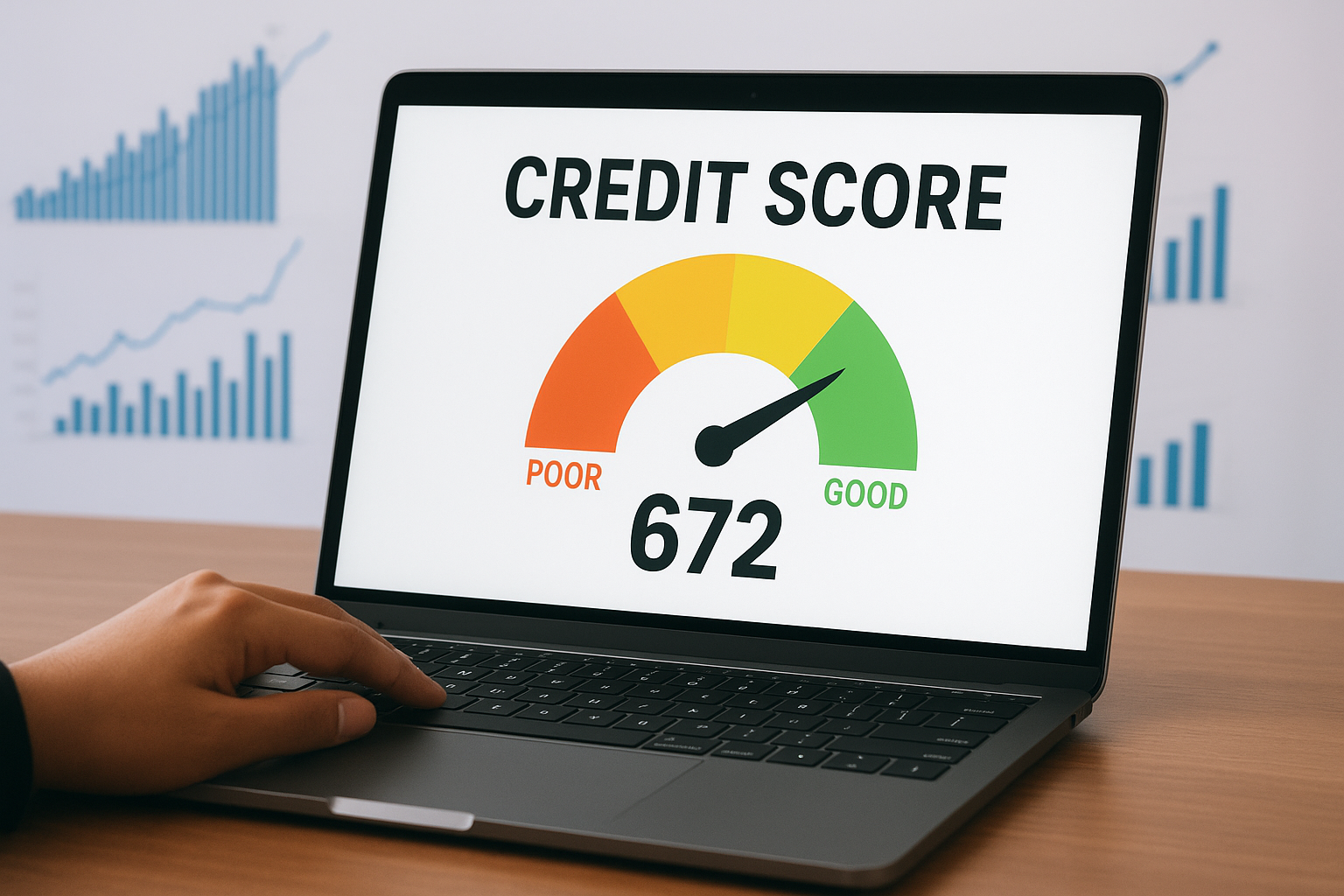Top 5 Credit Report Mistakes—and How to Fix Them
Your credit report is more than just a summary—it’s the key to your financial future. Whether you’re applying for a loan, renting an apartment, or even job hunting, your credit report can open doors… or quietly close them. But what if the information on it is wrong?
Credit report mistakes are more common than you think. A recent study by the FTC found that 1 in 5 Americans had at least one error on their report. These mistakes can tank your credit score and cost you big.
Let’s break down the top 5 credit report mistakes—and how you can fix them.
Why Your Credit Report Matters
Your credit report is more than just a summary—it’s the key to your financial future. Whether you’re applying for a loan, renting an apartment, or even job hunting, your credit report can open doors… or quietly close them. But what if the information on it is wrong?
Mistakes on credit reports are more common than you think. A recent study by the FTC found that 1 in 5 Americans had at least one error on their report. These mistakes can tank your credit score and cost you big.
Let’s break down the top 5 most common credit report mistakes—and how you can fix them.
Incorrect Personal Information
What it looks like:
-
Wrong name spelling
-
Outdated address
-
Incorrect Social Security number
-
Accounts that belong to someone else with a similar name
Why it matters:
These errors might seem harmless, but they could lead to mixed credit files—where someone else’s accounts appear on your report.
How to fix it:
-
File a dispute with the credit bureau (Experian, Equifax, or TransUnion)
-
Provide proof of your identity (passport, SSN card, utility bill)
-
Request removal or correction of the inaccurate data
Accounts That Don’t Belong to You
What it looks like:
-
Credit cards or loans you never opened
-
Duplicate accounts
-
Fraudulent activity due to identity theft
Why it matters:
These accounts can drastically affect your credit utilization and payment history, two major factors in your credit score.
How to fix it:
-
Contact the creditor listed and ask them to verify the account
-
File a fraud alert or credit freeze if you suspect identity theft
-
Dispute the account through the credit bureau’s online portal
Incorrect Account Status
What it looks like:
-
A closed account reported as open (or vice versa)
-
On-time payments marked as late
-
Accounts reported as defaulted when they were paid off
Why it matters:
Late payments and defaults can stay on your report for up to 7 years and severely impact your credit score.
How to fix it:
-
Gather payment records, statements, or bank confirmations
-
Dispute the error with both the credit bureau and the lender
-
Request written confirmation once it’s corrected
Outdated Information
What it looks like:
-
Debts still listed after the reporting period (usually 7–10 years)
-
Paid-off accounts still showing as unpaid
-
Old employers or outdated contact information
Why it matters:
Old negative marks should automatically fall off your report—if they don’t, they can keep your score artificially low.
How to fix it:
-
Check the date of first delinquency (DOFD) for each account
-
Dispute any outdated items with supporting documents
-
Ask for a refreshed report once changes are made
Incorrect Credit Limits or Balances
What it looks like:
-
A maxed-out card showing a higher balance than you owe
-
Incorrect credit limit, making your utilization look worse
Why it matters:
Credit utilization (how much credit you’re using vs. your limit) makes up 30% of your FICO score.
How to fix it:
-
Check your statements for accurate balances and limits
-
Ask your creditor to update the correct numbers with the bureaus
-
Recheck your report after 30–45 days
Final Tips for Fixing Credit Report Mistakes
-
Check all three bureaus: Mistakes may appear on one, two, or all three (Experian, Equifax, TransUnion).
-
Dispute online or by mail: both are effective. Keep records of everything you send.
-
Follow-up: Bureaus have 30 days to investigate and respond.
-
Consider a credit monitoring service to catch new errors or signs of fraud early.
Conclusion: Don’t Let Errors Damage Your Financial Health
Fixing credit report mistakes might feel overwhelming, but the long-term impact is worth it. A clean report can lead to lower interest rates, easier approvals, and more control over your financial journey.
Start by checking your credit report today for free at AnnualCreditReport.com. You’re entitled to one free report from each bureau every year—and right now, they’re offering them weekly for free due to the pandemic-era extension.




